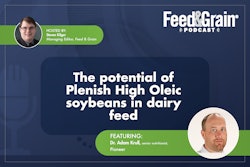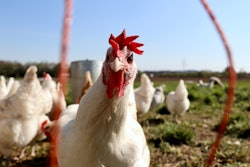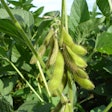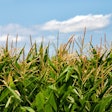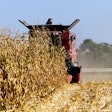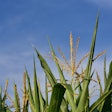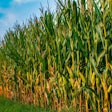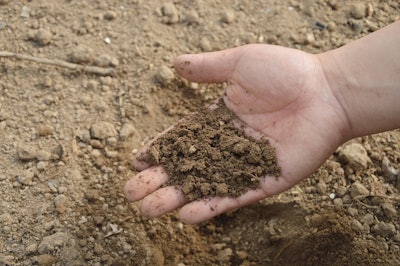
The Foundation for Food & Agriculture Research (FFAR) has granted $7,657,633 to Kansas State University (K-State) to spearhead a comprehensive study aimed at elevating crop yields, enhancing soil and watershed health, and advancing precision agriculture. This significant research effort, spanning the U.S. Corn Belt and Great Plains, seeks to unravel the intricate interactions between agriculture management practices and local environmental conditions.
The FFAR grant, complemented by $4,601,244 in matching funds from Bayer Crop Science and contributions from Iowa State University, LandScan, LI-COR, Mississippi State University, The Ohio State University, and The University of Kansas, culminates in a remarkable investment totaling $16,362,948.
Led by Dr. Dorivar Ruiz Diaz and Dr. Brian Olson of K-State, alongside Dr. Sotirios Archontoulis of Iowa State University, the project aims to assess the impact of crop, soil and water management on soil microbial communities crucial for agroecosystem functions. Over the initial five-year period, the study will delve into the influence of cover crops, nitrogen application, crop rotation, tillage practices and water management under variable soil water conditions on soil health and nutrient availability.
Recognizing the need for long-term insight, the matching funders have committed to extending the project for an additional five years beyond the grant period. This extension aims to strengthen understanding in areas such as plant genetics, environmental conditions, and the dynamic interactions within agriculture management practices across diverse landscapes and changing climate conditions.
Dr. Ruiz Diaz emphasized, "This project will generate much-needed knowledge on the synergies and trade-offs of multi-level management factors, improving agricultural productivity with conservation management across soils and environments."
The study not only focuses on optimizing soil health management practices but also aims to establish crucial links between crop yields, soil properties, and soil water content. This holistic approach is vital for informing agricultural water management, an integral aspect of ensuring global food security and minimizing environmental impacts.
Dr. Kathleen Boomer, FFAR scientific program director, emphasized the urgency of unraveling the complex interactions between genetics, environmental conditions, and agriculture management in the face of climate change. The integrated research and modeling effort is expected to provide critical insights for enhancing field operations and sustaining vibrant agroecosystems across diverse landscapes.
Leo Bastos, senior vice president of Global Ecosystems at Bayer Crop Science, lauded the announcement as a significant step in advancing Regenerative Ag Technology and Innovation. He expressed pleasure in welcoming Kansas State as a partner and highlighted their commitment to supporting education and sustainability for providing long-term on-field and off-field solutions.
This collaborative endeavor signifies a pivotal moment in agricultural research, poised to revolutionize practices for increased productivity, sustainability, and environmental stewardship.



